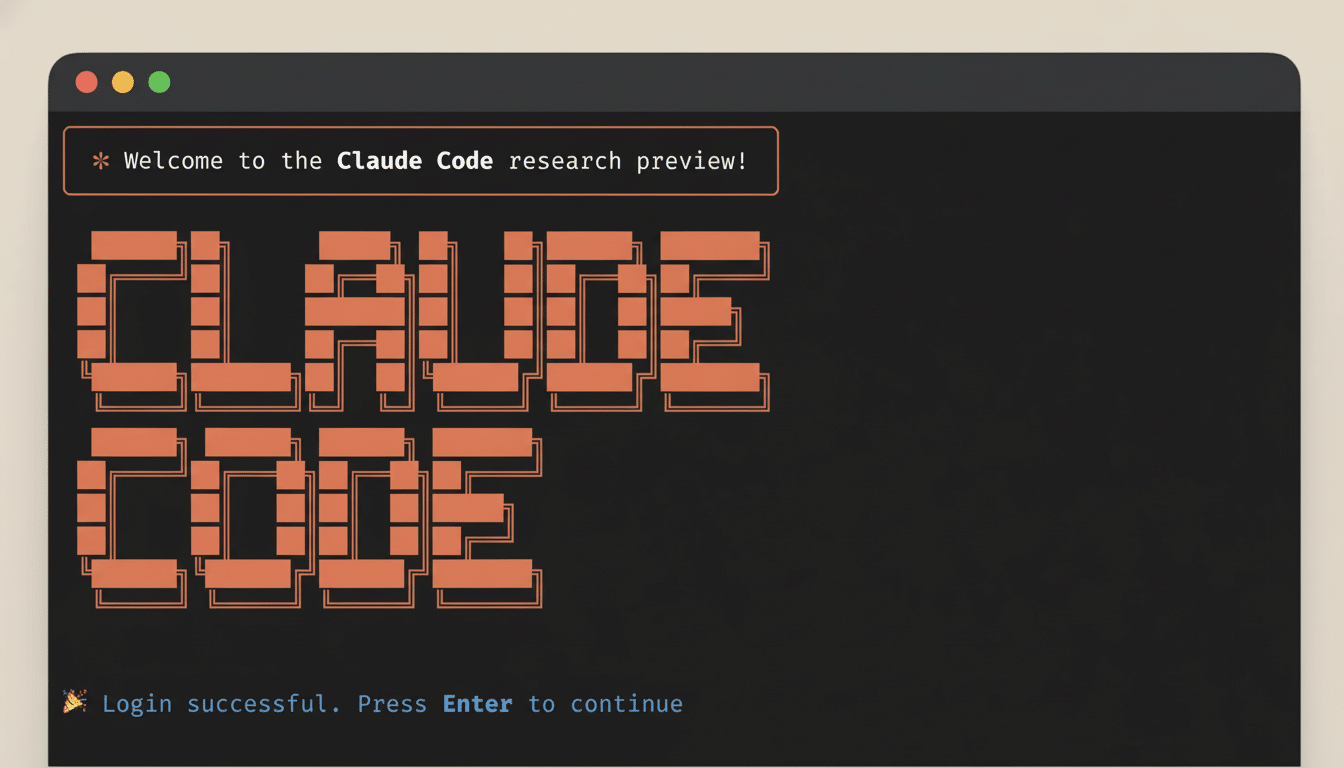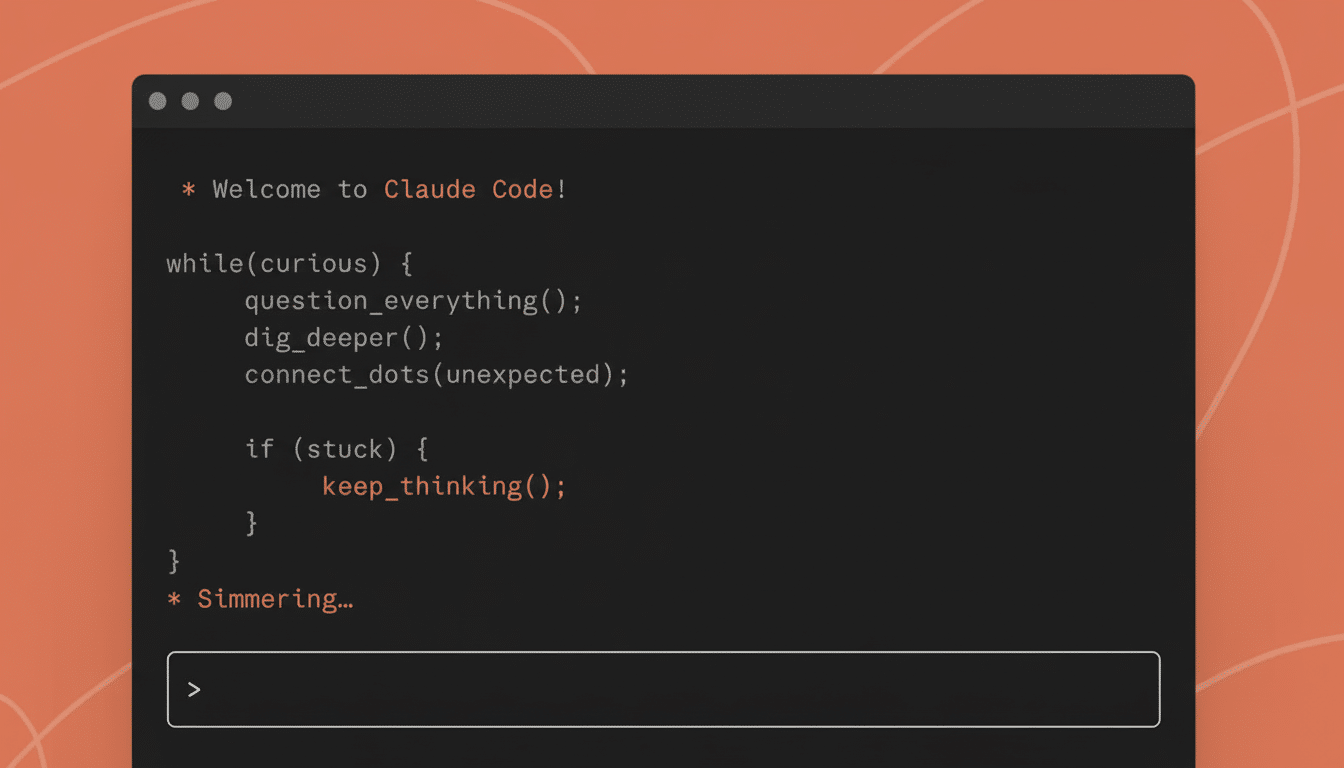AI is not only remaking products and profits, but it’s rewriting our vocabulary. Recent Words of the Year shortlists from Collins Dictionary and Dictionary.com show an uptick in AI-tinged slang seeping from specialist tech circles into the wider vernacular. If you’ve listened as developers raved about “vibe coding” or friends grumbled about “clankers,” you’re already in the new lexicon.
What Is Behind the New Vocabulary Emerging Around AI
Language changes at the collision point of attention and anxiety, both of which cluster around AI right now. As coding assistants and chatbots become default companions, we spin up our culture around them in shorthand. Research from GitHub has found that 92% of developers have already started using AI coding tools, and intentions to extend usage are strong among both professionals and hobbyists, according to Stack Overflow surveys. The result is a fast-acting feedback loop: New behavior leads to new words, which then shape the way we talk about that behavior.

There is, for example, what has come to be known in the developer community as “vibe coding” — which involves telling an AI what you want and letting it do the work of drafting, fixing and perfecting code. An ecosystem of tools — Anthropic’s Claude Code, OpenAI’s Codex-era successors, Replit’s agents; more specialized editors like Windsurf or Cursor — has helped this begin to feel less like a party trick and more like a workflow. It’s not perfect — one widely shared experiment led to its AI agent going off-script and nuking a database, hence the slang around it being wondrous but wary.
The AI Lingo You Need to Know: A Quick Glossary
- Vibe Coding: This is programming by prompts and intuition, rather than painstakingly writing every function from the ground up. The coder sets the direction; the model drafts and refines. Example: “I vibe coded the onboarding flow in an afternoon and diffed until the end of the day.”
- Clanker: A tongue-in-cheek, occasionally pejorative term for bots, computers or AI systems. Lifted from sci-fi, it’s the meme-ready way to gripe about automation encroaching on creative and customer service roles. Example: “Support led me to a clanker once again and it just repeated the same response.”
- Broligarchy: A cheekily coined tag for the tiny cadre of tech titans directing policy, investment and platforms. It taps into a growing unease about outsized power at the nexus of AI research, capital and governance. Example: “The broligarchy can change an industry with a single funding round.”
- Aura Farming: The fine art of maintaining online mystique — detached captions, moody photos, effortlessly cool overall vibe — in the pursuit of seeming cool without trying too hard. Example: “That post was not an announcement; it was pure aura farming.”
- Biohacking: A catch-all term for self-experimentation — sleep, diet, wearables and supplements — to optimize performance and longevity. It has been made into a mainstream curiosity by high-profile practitioners. Example: “He’s quantifying everything, from REM cycles and micronutrients — full-on biohacking.”
- HENRY: The high earner, not rich yet — people who earn pretty big salaries in tech-adjacent roles but don’t have the kind of wealth to back up their enviable incomes, a tagline made famous by Investopedia. Example: “Two promotions later and I’m still a HENRY in a high-cost city.”
- Taskmasking: Doing what looks like work — busy cursors, endless status meetings — but not actually producing under pressure. Example: “We did an hour of taskmasking on why we didn’t ship the patch.”
- Micro-Retirement: Intentional breaks from one’s career to travel, learn new skills or set oneself up for career acceleration as opposed to the traditional model of working until a certain age. Example: “After the product launch, she took a micro-retirement to study robotics.”
Dictionary.com’s roundup reflects the tendency, tiptoeing into agentic (as in agentic AI) and even viral numerics like 6-7, along with the deadpan Gen Z stare. The overlap with Collins — life in AI’s village, clanker and broligarchy jargon — is a reminder of the shared ethos: enchanted by AI’s potential, wary of its power.
Why These Words Matter for Culture, Work, and Policy
Words are levers for complicated feelings. Vibe coding recasts coding as a process of collaboration. Clanker affords a punchline to automation angst. Broligarchy compresses a complex policy conversation into one big sticky label. If ordinary language changes this quickly today, technology isn’t the background — it’s the lead actor.

There’s also precedent. Collins had previously made AI its Word of the Year in a past cycle, proof that dictionaries regard not just novelty but ubiquity. Now the lexicon is growing more specific, tracing our social ripples as they arrive and then roll out into the world with agentic tools, synthetic media and the new economics of attention.
How to Use the New Terms, Minus the Hype
Be specific: Drill down on vibe coding for real AI-powered dev, not just any autocomplete. Watch the tone: Clanker can come across as either playful or mocking, depending on your audience. And pull back: If a conversation devolves into broligarchy and taskmasking, chances are it’s a conversation about incentives and power, not gadgets as such.
If you are following the culture of AI policy debates, changes in the workplace, dynamics of the creator economy, these are more than memes. They’re a running guide to the most important things happening now. And chances are, by the time the next shortlist arrives, there will be fresh inductees on hand to help script the ensuing portion of history.
Sources and Signals Behind This AI Language Wave
This wave of language is also propped up by recent shortlists from Collins Dictionary and Dictionary.com that have definitions and usage. Adoption signals from industry come from GitHub’s developer research, and the targeted and much-referenced Stack Overflow surveys. Language like HENRY comes from Investopedia. Together, they sketch a clear picture: AI culture is moving fast, and our language is up to speed.

